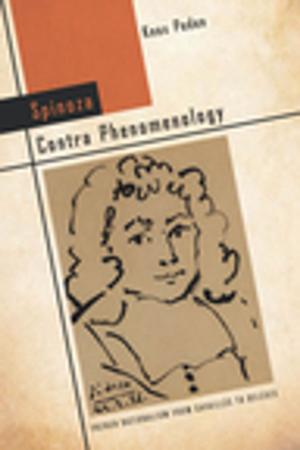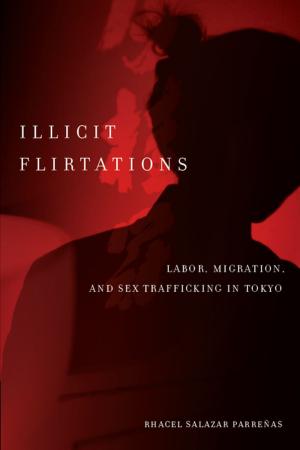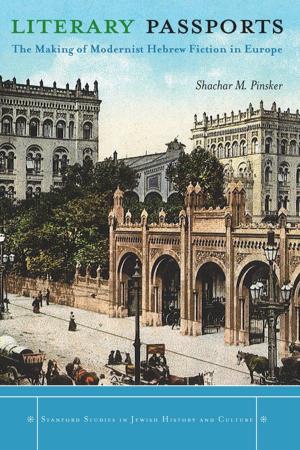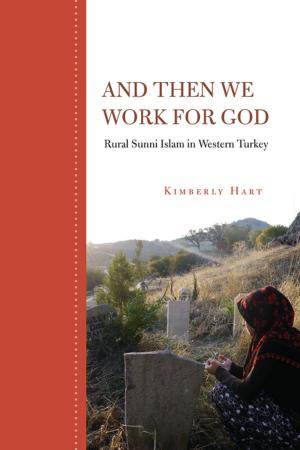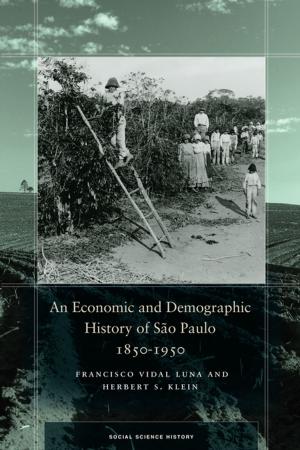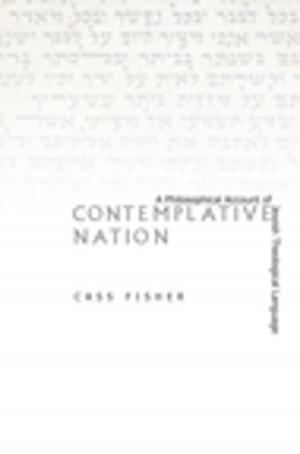Rebel Mexico
Student Unrest and Authoritarian Political Culture During the Long Sixties
Nonfiction, History, Americas, Mexico| Author: | Jaime M. Pensado | ISBN: | 9780804787291 |
| Publisher: | Stanford University Press | Publication: | July 17, 2013 |
| Imprint: | Stanford University Press | Language: | English |
| Author: | Jaime M. Pensado |
| ISBN: | 9780804787291 |
| Publisher: | Stanford University Press |
| Publication: | July 17, 2013 |
| Imprint: | Stanford University Press |
| Language: | English |
Winner of the 2014 Mexican Book Prize In the middle of the twentieth century, a growing tide of student activism in Mexico reached a level that could not be ignored, culminating with the 1968 movement. This book traces the rise, growth, and consequences of Mexico's "student problem" during the long sixties (1956-1971). Historian Jaime M. Pensado closely analyzes student politics and youth culture during this period, as well as reactions to them on the part of competing actors. Examining student unrest and youthful militancy in the forms of sponsored student thuggery (porrismo), provocation, clientelism (charrismo estudiantil), and fun (relajo), Pensado offers insight into larger issues of state formation and resistance. He draws particular attention to the shifting notions of youth in Cold War Mexico and details the impact of the Cuban Revolution in Mexico's universities. In doing so, Pensado demonstrates the ways in which deviating authorities—inside and outside the government—responded differently to student unrest, and provides a compelling explanation for the longevity of the Partido Revolucionario Institucional.
Winner of the 2014 Mexican Book Prize In the middle of the twentieth century, a growing tide of student activism in Mexico reached a level that could not be ignored, culminating with the 1968 movement. This book traces the rise, growth, and consequences of Mexico's "student problem" during the long sixties (1956-1971). Historian Jaime M. Pensado closely analyzes student politics and youth culture during this period, as well as reactions to them on the part of competing actors. Examining student unrest and youthful militancy in the forms of sponsored student thuggery (porrismo), provocation, clientelism (charrismo estudiantil), and fun (relajo), Pensado offers insight into larger issues of state formation and resistance. He draws particular attention to the shifting notions of youth in Cold War Mexico and details the impact of the Cuban Revolution in Mexico's universities. In doing so, Pensado demonstrates the ways in which deviating authorities—inside and outside the government—responded differently to student unrest, and provides a compelling explanation for the longevity of the Partido Revolucionario Institucional.

